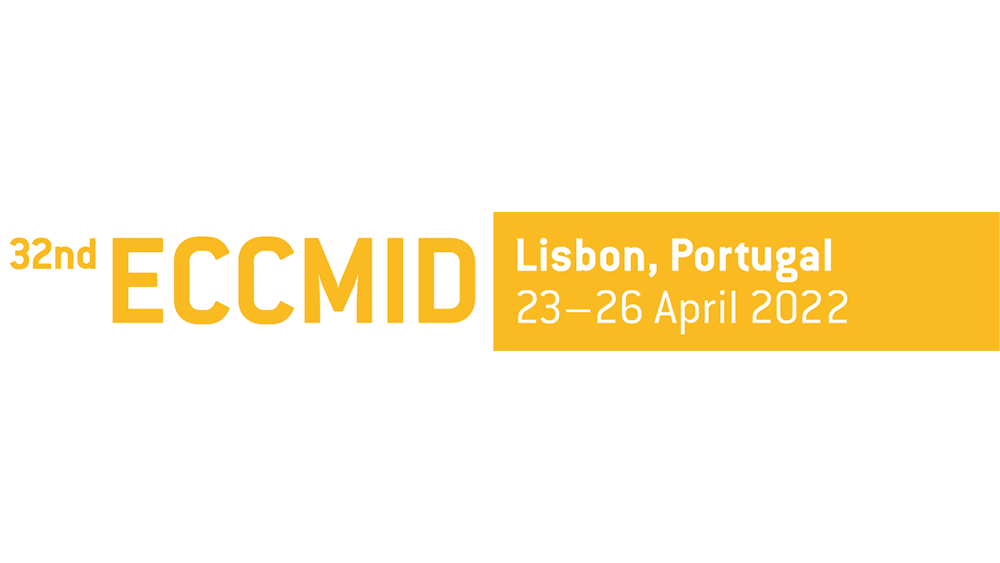The 32nd European Congress of Clinical Microbiology & Infectious Diseases (ECCMID) will take place as a hybrid event both online and in Lisbon, Portugal from April 23-26, 2022. The conference brings together more than 14,000 experts to present their latest findings, guidelines, and experiences, and provides an important platform for ICARS to advocate for context specific antimicrobial resistance (AMR) solutions in low and middle income countries as well as Implementation and Intervention research as a means to mitigate AMR. Below you can find out more about the two-hour educational workshop that ICARS will host, as well as additional sessions we are leading on. We encourage delegates attending the conference to join us as we bring a global perspective to tackling AMR.
How to use intervention and implementation research to mitigate AMR
Educational workshop
24 April, 13:30 – 15:30
Co-Chairs: Bruno Gonzalez-Zorn and Nandini Sreenivasan
Speakers: Sabiha Essack, Raheelah Ahmad and Alexandre De Costa
While there are several evidence-based interventions to mitigate AMR, most have been developed in high-income countries (HICs) and cannot be directly translated to low-and-middle-income countries (LMICs). Furthermore, even efficacious interventions are not implemented at scale in both HICs and LMICs. Implementation research (IR) considers adaptations to interventions or adjustments to the adopting context that facilitates sustained scale-up in resource-constrained and LMIC contexts as well as generally.
The workshop will use a case study approach and an interactive format and by the end participants will be able to design an intervention implementation plan to address AMR at country level.
Does AMR mitigation in low- and middle-income countries require technical capacity more than funding?
Symposium, co-organised with ICARS and WHO
25 April, 14:45 – 15:45
Chairs: Robert Skov and Ghada Zoubiane
Speakers: Mirfin Mpundu and Haileyesus Getahun
The expedited implementation of National Action Plans (NAPs) on Antimicrobial Resistance (AMR) is key to the global AMR response. Implementation remains a challenge particularly in low-and-middle-income countries (LMICs) that require substantial funding to implement their NAPs at scale. This includes implementation of policy and programmes through embedding technical solutions and developing supporting behaviours/practices in countries. The tripartite Multi-Partner Trust Fund, the Fleming Fund and other initiatives will facilitate NAP implementation, but time-limited external support is unlikely to ensure long-term sustainability at national level. LMICs are in greater need of technical human capital development in many areas, especially implementation research (IR).
This symposium will discuss the need for financial and/or technical resources to mitigate AMR at national level.
Stay up to date with ICARS at ECCMID by following our activities on Twitter, or reaching out to ICARS delegates at the conference.

